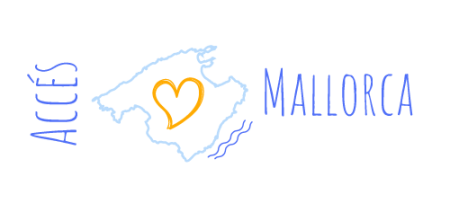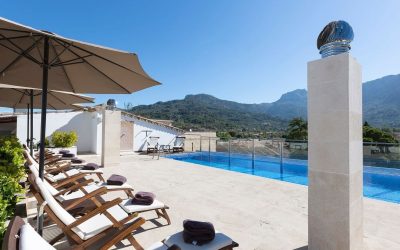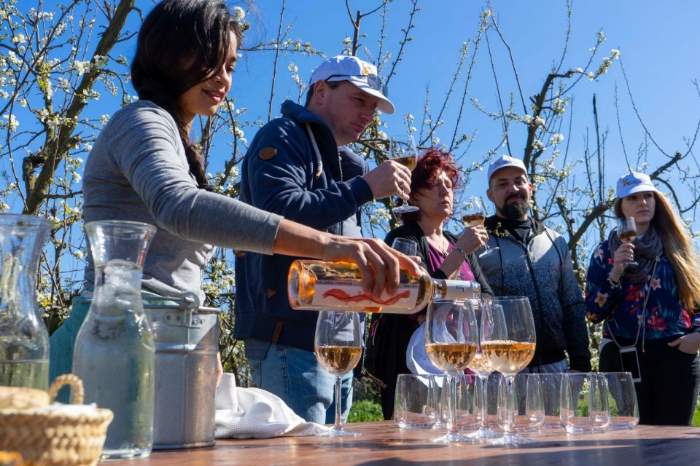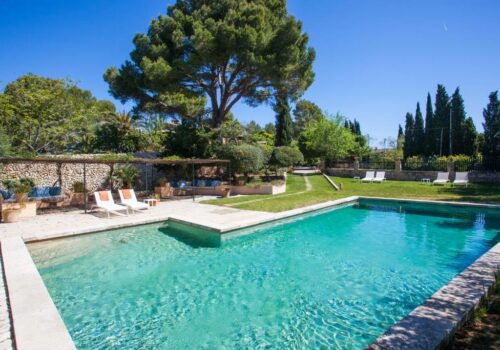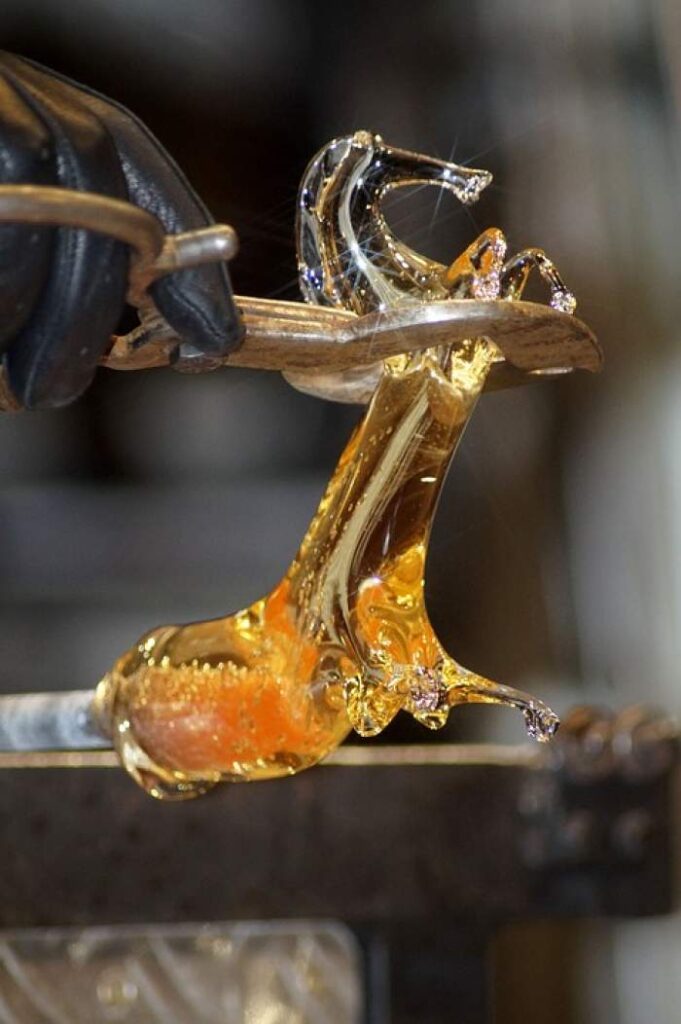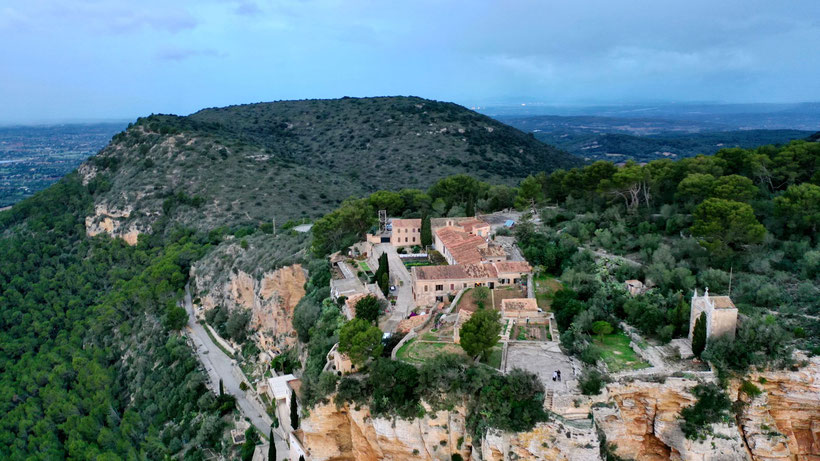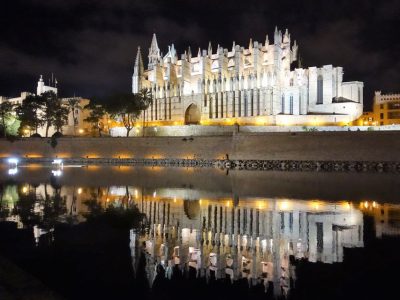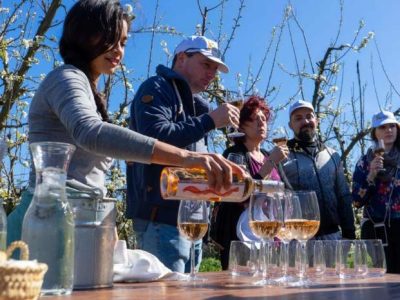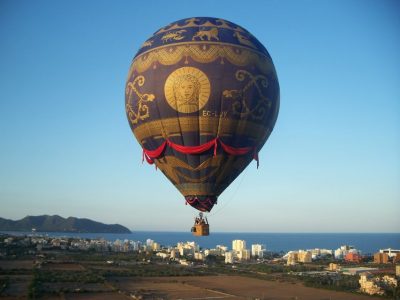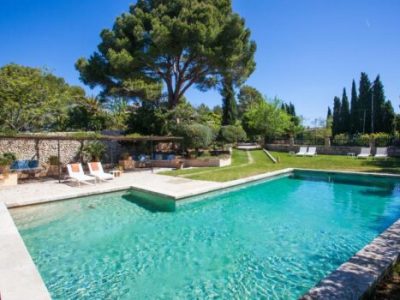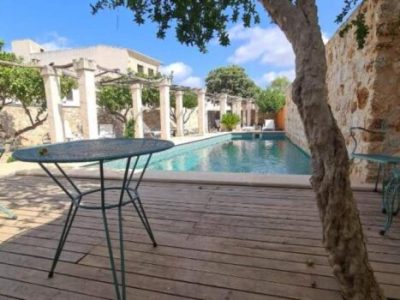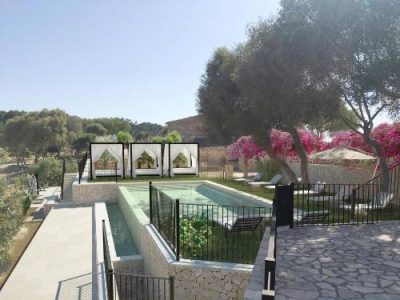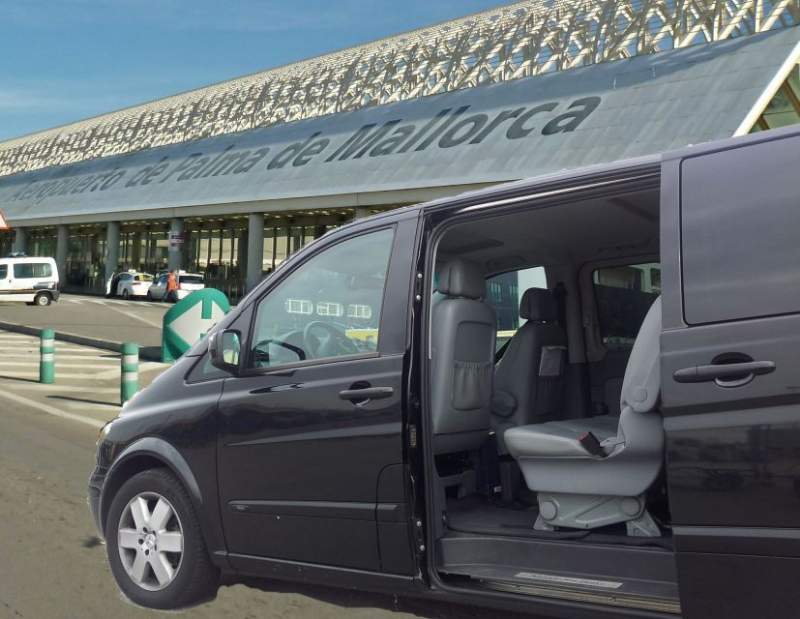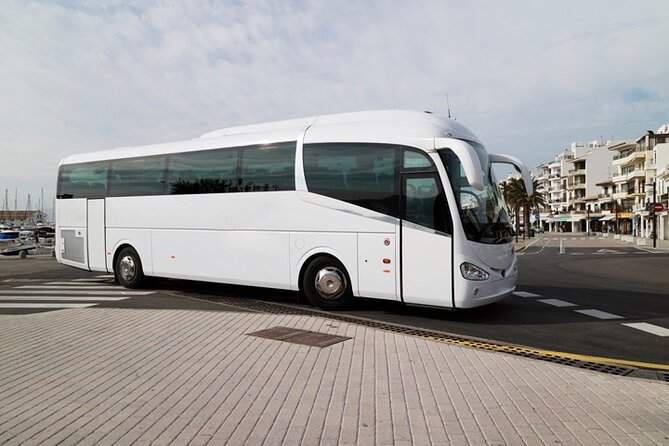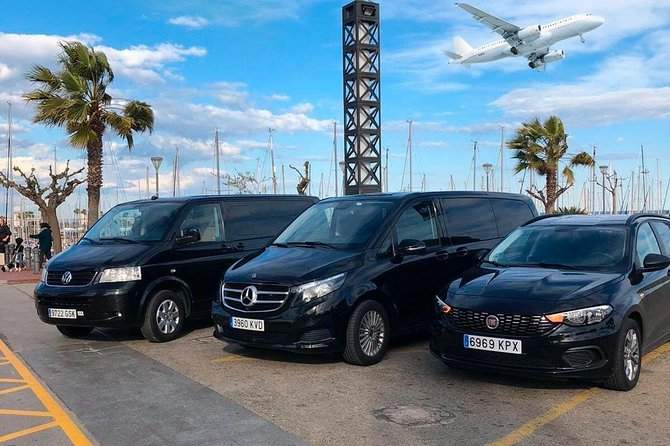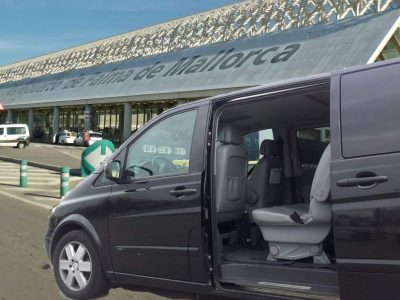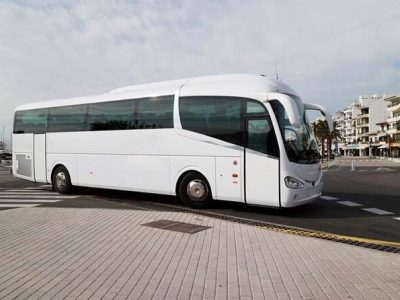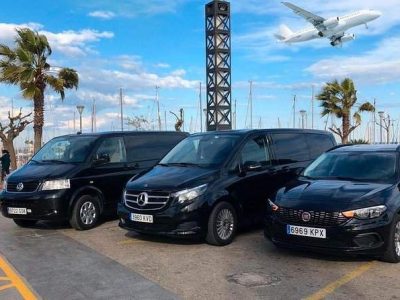All your holiday planning needs in one place, letting you book direct and benefit from official online rates
- Places To Go
- Things To Do
What’s Your Interest?
Traveling with kids
- Blog
Algaida, Mallorca, Things to do and see, hotels, market
Algaida has a bit of it all; a charming village, beautiful mountains and flat countryside. Algaida is just 15 minutes drive from Palma, and is a popular destination for active holidaymakers, either with golf bags or bicycles, or for those who want a relaxing and authentic accommodation.
- This is where I want to go!
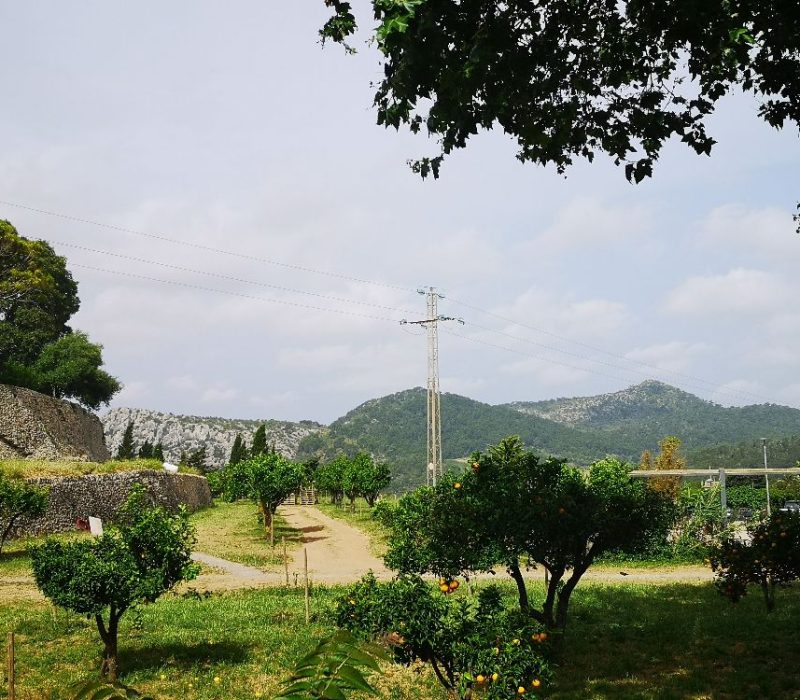
Why visit Algaida
Things to do in Algaida
Algaida is a large municipality that comprise three villages: Algaida, Pina and Randa.
SANTUARI DE CURA
Santuari de Cura, one of Mallorca’s most renown sanctuaries and monasteries, is found at the summit of the holy mountain of Randa in the southern part of Algaida. Look forward to visit and discover the first grammar school of Mallorca, the studies of Ramon Llull, hundreds of collectables, religious artworks etc.
In the 20th century, monks built a monastery next to the old grammar school. This monastery is today a turned into a hotel and restaurant. Imagine waking up to the sunrise over the Palma bay, or have breakfast accompanied by this divine view, indescribable.
ESGLÉSIA DE SANT PERE I SANT PAU
The parish church offers a wonderful exhibition of stunning Baroque and Gothic artworks and architecture. The church is dedicated to Saint Peter and Saint Paul, a name it has from the Gothic altarpiece that was originally installed in the medieval chapel of Castellitx outside town. Besides from the religious services, the church is also an important part of many of the festivities held in the village, where it is used as part of a traditional dance act of els Cossiers. As with most parish churches on the island, it is definitely worth a visit.
GORDIOLA GLASS FACTORY AND MUSEUM
One of the oldest glass factories in Mallorca is situated here in Algaida, namely the glass factory of Gordiola. At Gordiola, every piece is handmade and blown giving it its unique characteristics of irregularity and asymmetry. You can look forward to a guided tour in the factory to learn about the art of glass blowing, and see how pieces are made from the bottom. There is a great museum exhibiting some of the more spectacular pieces that will surely impress you. The Gordiole factory is situated on the main road between Algaida and Palma, in a beautiful castle shaped building.
MEDIEVAL CHAPEL OF CASTELLITX
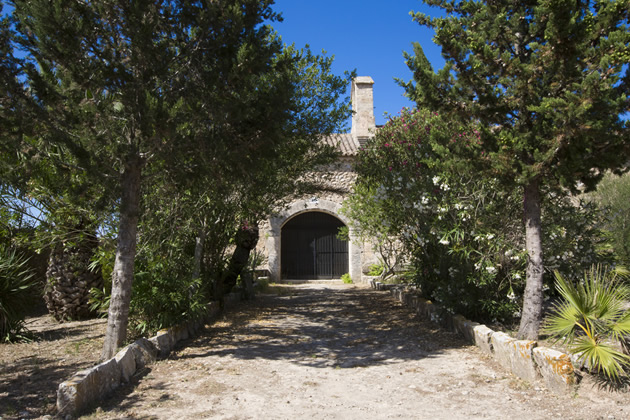
Much of the story of Algaida begins with construction of this old chapel back in the 13th century. Along with the chapels of Sant Miquel in Campanet, Santa Anna in Alcúdia and Sant Pere in Escorca, this is one of the first examples of Mallorcan religious architecture constructed in primitive Gothic style. Castellitx is indeed a monument of great importance to the local community of Algaida, Pina and Randa. The surroundings of garrigue, pine trees and fields makes it a beautiful and interesting excursion.
DISCOVER THE WORLD OF PERSONALIZED INTERIOR DESIGN
If you thought Algaida was just an agricultural village in the Mallorcan countryside, think again. On the outskirts of the village, you will find the Modelmon showroom, an exhibition of high-quality furniture showcased in various settings from real world projects. The Modelmon company specializes in custom interior design, and the showroom is a world of creativity that you can not help being inspired by.
EXPLORE THE RURAL COUNTRYSIDE
Algaida is perfectly located in terms of bicycling or walking in the rural countryside. The well-connected road system takes from village to village passing the iconic old mills, almond fields and rustic fincas, all elements that contributes to the picturesque and charming district of Pla de Mallorca.
MOLÍ D’EN XINA
One of the landmarks of Algaida, is the mill of Xina situated in the northern part of the town. The mill dates back from 1738 and is one of the most well-preserved windmills on the island. Today, the mill functions as a studio for artists.
COCÓ DEL CORB
Cocó del Corb is one of the most sacred sites in all of Mallorca, the very reason that Randa has received its status as Mallorca’s holy mountain. This site has for centuries been used for veneration of farmers that came to pray for good harvests. However, it was already back in the Middle Ages when famous Mallorcan philosopher Ramon Llull used a nearby cave to recieve his spiritual guidance and revelations.
THE MOORISH QUANAT
In the village of Randa you will find one of the best and most well-preserved examples of Moorish hydraulic engineering.
SANT HONORAT
The sanctuary of Honorat is former monastery situated on the holy mountain of Randa, between the Santuari de Cura and the Santuari de Gracia. Sant Honorat goes back to the late Middle Ages and has had a big influence on the local congregation. Today, it is used as a retirement home for priests and monks, as well as visits for tourists.
Els Cossiers
Algaida is particularly renown for its dance group called els Cossiers, which you can experience at two of the annual festivities; Festes de Sant Honorat and Festes de Sant Jaume. Els Cossiers dates back to the early Middle Ages, possibly from the 14th century. The dances of the group symbolize the battle between good and evil. The group is made up of a lady, six cossiers and a demon, who all dance through the streets to the sound of rhythms played on traditional Mallorcan instruments like xeremiers and fabiols. There are nine dances in the act telling the story of the demon trying to lurk the lady to fall for his temptations, but the cossiers are the brave men who protects her and escorts her safely to the church while the demon dies.
The nine dance acts of els cossiers are:
- Mestre Joan
- Els Reis
- Flor de Murta
- Dansa Nova
- Obriu-nos
- Mergançó
- Titoieta
- Les Bombes
- L’Oferta
FAQ
Algaida is mainly known for Randa, the holy mountain of Mallorca on which famous Mallorcan philosopher Ramon Llull had his revelations. It is also home to the famous monastery of Cura.
The nearest beach from Alagaida is in s’Arenal, in the Palma bay. Your second option is the small cove of Cala Pi.
Events in Algaida

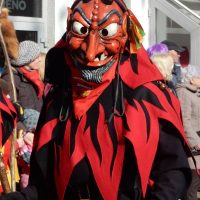
Weekly Market in Algaida
Every Friday morning between 8 and 14, the weekly market is held in the town center of Algaida. The market offers a range of stalls selling all kinds of delicious commodities, as well as crafts, ceramics, shoes, accessories and clothes. The market is a great opportunity to sample some of the specialties of the island such as olives, cheeses, sausages, juicy fruits, nuts and pastries.
Annual events and happenings
January
Festes de Sant Honorat
Sant Honorat is the winter patron saint of Algaida, celebrated on January 15 and 16. On the 15th, you can look forward to a wide range of fun and cultural activities and event during the day. In the evening there are bonfires in the town, the traditional fire runs are held and there is grilled food and wine for everyone. The 16th is the day of Sant Honorat, which begins with a mass around 10 in the morning followed by a performance of els Cossiers.
February
February means carnival in most of Mallorca, including Algaida. As a preface of the carnival, Algaida has its own tradition where a doll is blamed for all bad things that has happened throughout the past year. The tradition was for many years banned by dictator Franco, but was brought back in the beginning of the new millennium.
July
Festes de Sant Jaume
The day of Sant Jaume (Saint James) is celebrated on July 24th and 25th. On the 24th, you can enjoy a day of markets, sports events, competitions, exhibitions and performances. In the nighttime, there is a big party in the town center. On the following day, the day of Sant Jaume, there will be a mass held at the church along with the performance of the famous els Cossiers dance group.
October
Fira d’Algaida
Fira d’Algaida is a big fair held on Saturday before Saint Luke’s (October 18). At the fair, you can enjoy various exhibitions, tastings and a great market of edibles, arts and crafts.
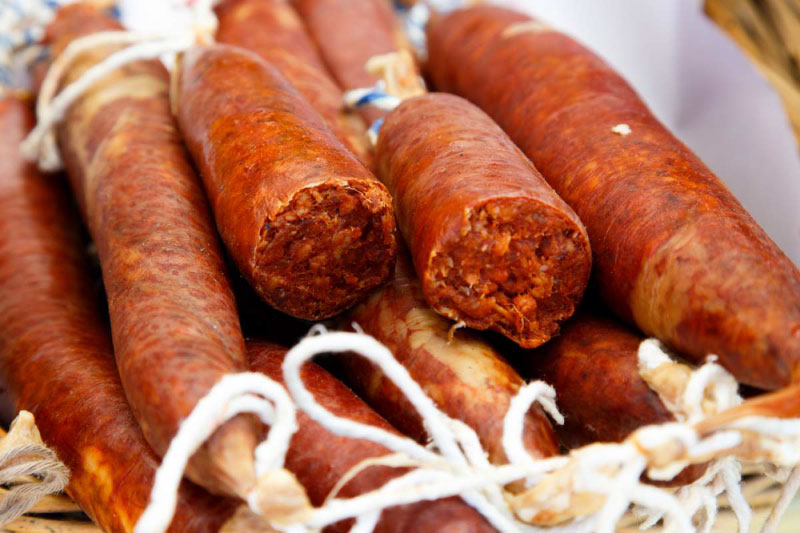
Support Local
Supporting local communities during your travels can have a profound impact. Stock up with groceries locally, stop in an artisan shop or enjoy a refreshment at a restaurant or bar. Now more than ever, these small businesses need support from travelers near and far.
Get to know the area of Algaida
Algaida is a municipality and village found in the region of Pla de Mallorca. Algaida has about 5,000 inhabitants and extends over a surface of 89.78 km2.
History of Algaida
The history of Algaida goes back to the pretalayotic era (2,400 BC) from where the burial sites of Pont den Cabrera and Son Reus are from. From the talayotic culture, sites such as Sa Serra-Punxuat, sa Casa Nova de Pina and son Coll are among the most remarkable examples.
Under Islamic rule of Mallorca (902-1229/32), the area belonged to an administrative district known as “Juz’ d Muntuy”, which also included the areas of Campos, Llucmajor, Montuïri, Santanyí and ses Salines. The Moors introduced the water systems such as qunats, wells and tanks, which allowed for agrarian cultivation. One of the most outstanding examples in the municipality, is the qanat of Son Reus in Randa, which extends almost 300 meters underground and is the largest in Mallorca. The Moors were also the first to build farms known as “alquerias”, which were placed in the most fertile areas or as close to water sources as possible.
Following the Catalan conquest of Mallorca (1229-1232), king Jaume I distributed the lands of the island amongst participants of the military campaign. The areas of Algaida, Pina and Randa was given to prince Pere of Portugal and the Knights Templar.
The period after the conquest was focused on establishing Christian communities by constructing chapels and churches all over the island. In Algaida, the chapel was the Castellitx which was built in 1248. Up through the Middle Ages, Castellitx was actually a connection point between the Pla and Llevant regions.
In the 14th century, the village of Algaida started to form in its current position and quickly grew into the biggest concentration of people, while Pina and Randa also started to take form. The chapel of Castellitx remained the religious center until 1410 when a temple was built in Algaida.
The 16th century was characterized by chaos, disasters and conflicts all over the island. In 1520, a rebellion group known as the “Germanies” arose from conflicts between peasants and nobles. The peasants and small landowners felt unfairly treated by the nobles who more or less had full control of every village. The uprising actually began in Valencia, but soon spread to Mallorca, where they positioned themselves in strategic places to take control. Blood was shed all over Mallorca as the conflict escalated. In 1522, the king of Aragón had to interfere and sent a delegation of soldiers to the island to stop the Germanies.
The political conflicts were not the only reasons for turbulence in the 15th century, droughts, bad harvests and starvation caused massive deaths and poverty amongst the population of Algaida.
In the 17th and 18th century, the population grew significantly and agriculture and horticulture started to make for a stable income for most farmers. The development in the population was seen in the expansion of the urban nucleus, as well as in the construction of the parochial church. At the end of the 18th century, the population was about 4,000 inhabitants.
During the 19th and 20th century, the municipality really started to grow and develop as a society. Some of the main events that took place during these centuries includes the constructions of vicarages of Pina and Randa, the foundation of the Franciscan order “Filles de la Misericòrdia” in Pina, the construction of the new church in Pina, the foundation of the Convent of the Augustinian nuns of “l’Empar” in Algaida, the foundation of the order of the Missioners dels Sagrats Cors de Jesús i Maria in the Chapel of Sant Honorat, the establishment of a school, slaughterhouse, library and civil guard quarters.
Today, Algaida is still an agricultural area, however, tourism has indeed been introduced. There are several finca hotels and agroturismos in the area offering authentic stays in rural tranquil settings. Also, promotion of the local places of interest, fairs, markets and festivals are put in weight.
Practical Info
Useful Numbers
Emergency: 112
National police: 091
Local police: 092
Guarda civil: 062
Fire: 080
Maritime emergencies: 900 202 202
Town Hall: +34 971 125 335
Public Transport
Bus lines: 402, 403
Power Supply
220V
